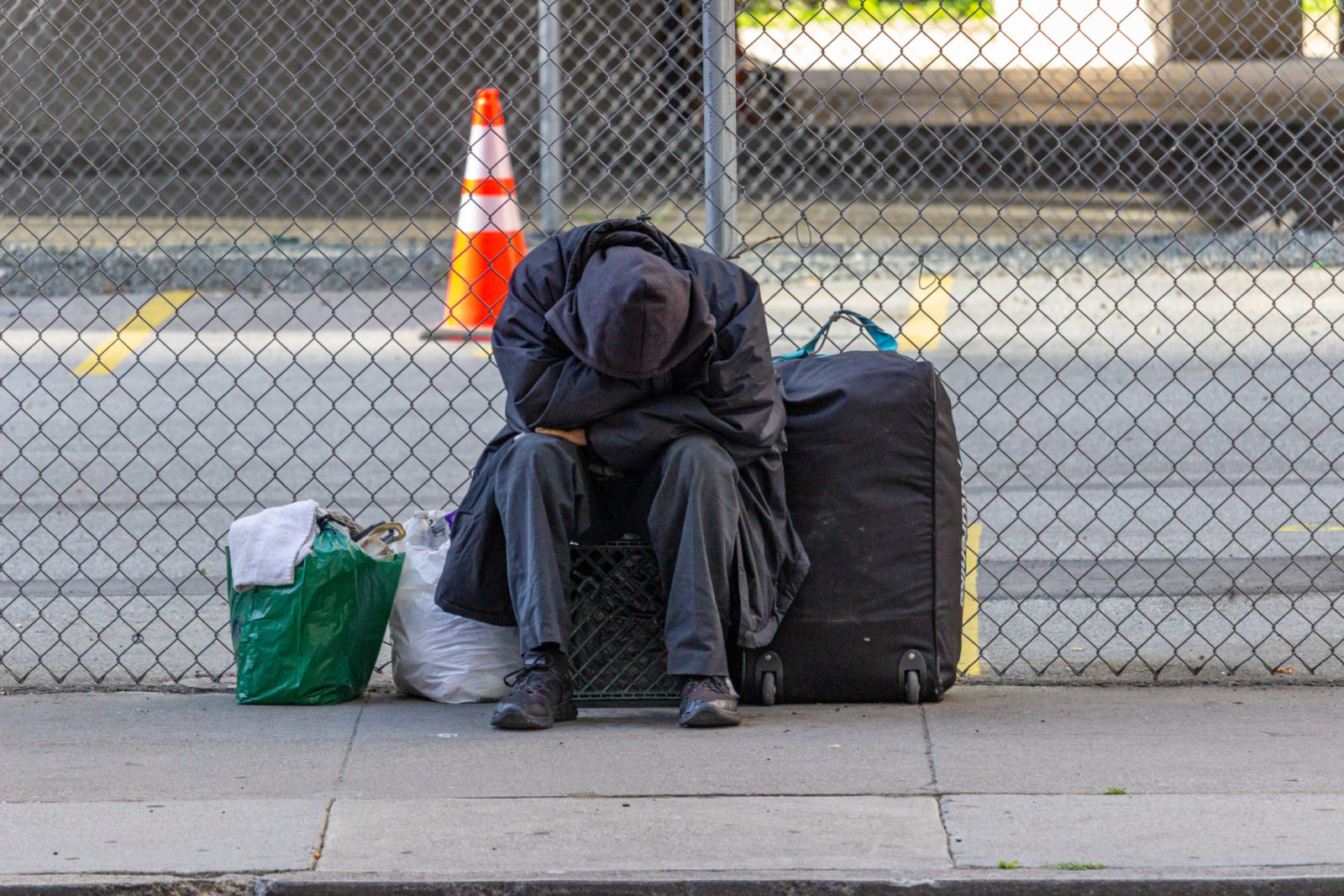I live just outside of Washington, D.C. and when I can, I enjoy waking up early to catch sunrise at the National Mall. There is a calm to that hour on the nation’s capital that can’t be found in the bustle of tourists and government employees. This morning, however, the calm was interrupted with unintelligible shouting.
In the middle of the National Mall at 5:45 AM, a man shouted at no one in particular – he had no audience, save the early-morning runners on the pebble paths around him. He didn’t appear to be in any kind of danger or physical pain. Still, he yelled. Dressed in pajama pants, a T-shirt, and supported by a cane, he waved around a flashlight and occasionally struck his cane on the ground, all the while belting out a disruptive sing-song melody.
The man was still there, continuing his shouting song, when I left at 7 AM.
I do not know this man’s story, but one thing is for sure: This morning, he was not in his right mind. Whether by mental illness or drugs (or a combination of both), no one can argue that he was fully coherent, present, and aware of reality. This man was in need of help.
Homelessness is often made into an economic argument, and certainly there is an economic element when people find themselves unable to afford a home. But it is not an economic issue alone. In some cases, an untreated serious mental illness is at work, and in order for us to combat homelessness effectively, that thread cannot be ignored.
First, let’s distinguish a serious mental illness from mental illness. Many millions of Americans suffer from a range of mental illnesses every year. The National Institute of Mental Health (NIMH) estimates that 1 in every 5 American adults lives with a mental illness. Far less Americans, however, live with a serious mental illness, defined by the Center for Mental Health Services as mental illnesses that result “in functional impairment which substantially interferes with or limits one or more major life activities.” The most common include schizophrenia, bipolar disorder, and severe, major depression. NIMH estimates that only 5.2% of American adults live with a serious mental illness.
Those who are especially at risk of homelessness often suffer from an untreated serious mental illness.
According to the Trump administration’s report on homelessness released in 2019, 20% of the homeless population had a severe mental illness. A 1999 national survey highlighted by the same report found that 39% of those experiencing homelessness reported struggles with their mental health. And the Treatment Advocacy Center reports that approximately one-third of the homeless population suffers from an untreated, serious mental illness.
Not all who are homeless suffer a serious mental illness. And not everyone with a serious mental illness will find themselves homeless. But there is a strong enough overlap to demand our attention. Men like the one I encountered on the National Mall this morning need more than a roof over their heads. As long as we keep the homeless conversation limited to economics by pursuing rapid rehousing and affordable housing primarily, a large section of the homeless population will continue to suffer.

